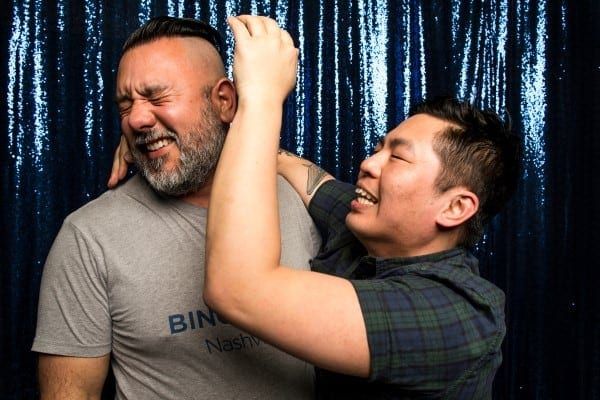by Kristin Keiper
Staff Writer
Money isn’t what makes the world go around. It’s volunteerism, according to Iris Buhl.
“It’s always just been doing what I care about, and it’s not ever seemed like campaigning," Buhl said. "I’ve been very fortunate to be able to follow my passions, both in volunteering and when I worked.”
Buhl doesn’t consider herself an advocate for human rights, but her involvement with socially conscious groups tells a different story. Buhl has worked with Nashville Cares, Planned Parenthood, the Brooks Fund and participated in civil rights activities and special education initiatives throughout her life in Nashville.
“Here’s the thing," Buhl said. "It’s not just gay rights… If you deny rights to any group of people, you can deny my rights, or my child’s rights, or my husband’s rights, or the rights of other people I love. You just can’t do that in a democracy. It mustn’t happen, it’s just that simple.”
A straight ally to the GLBT community, Buhl said she has seen progress for gay rights since the sixties.
“I can remember when homosexuality was simply not discussed. It was ignored," Buhl said. "If it did come up, it was treated pejoratively. People who were perceived as gay were not called gay, of course, but there were lots of very unpleasant names that were used. So, I think a lot of that has changed.”
Buhl is currently working on a history project in collaboration with the Brooks Fund from the Community Foundation of Middle Tennessee. The project chronicles the history of gay and lesbian rights, including interviews with GLBT persons who spent a significant amount of time in Nashville before the 1970’s.
All interviews will be archived and transcribed on file at the Nashville Public Library and will be compiled into a documentary for public television, Buhl said.
“The stories they have to tell are really quite remarkable," Buhl said. "It’s way deeper, and much wider, than issues like marriage law. It’s the fact that, at least in urban areas, people can now be themselves. That was not possible when I was growing up, and it was not possible for the people we’ve interviewed to do when they were growing up. Each and everyone commented on how remarkable it is to see kids able to live they way they wanted to live. They absolutely could not.”
